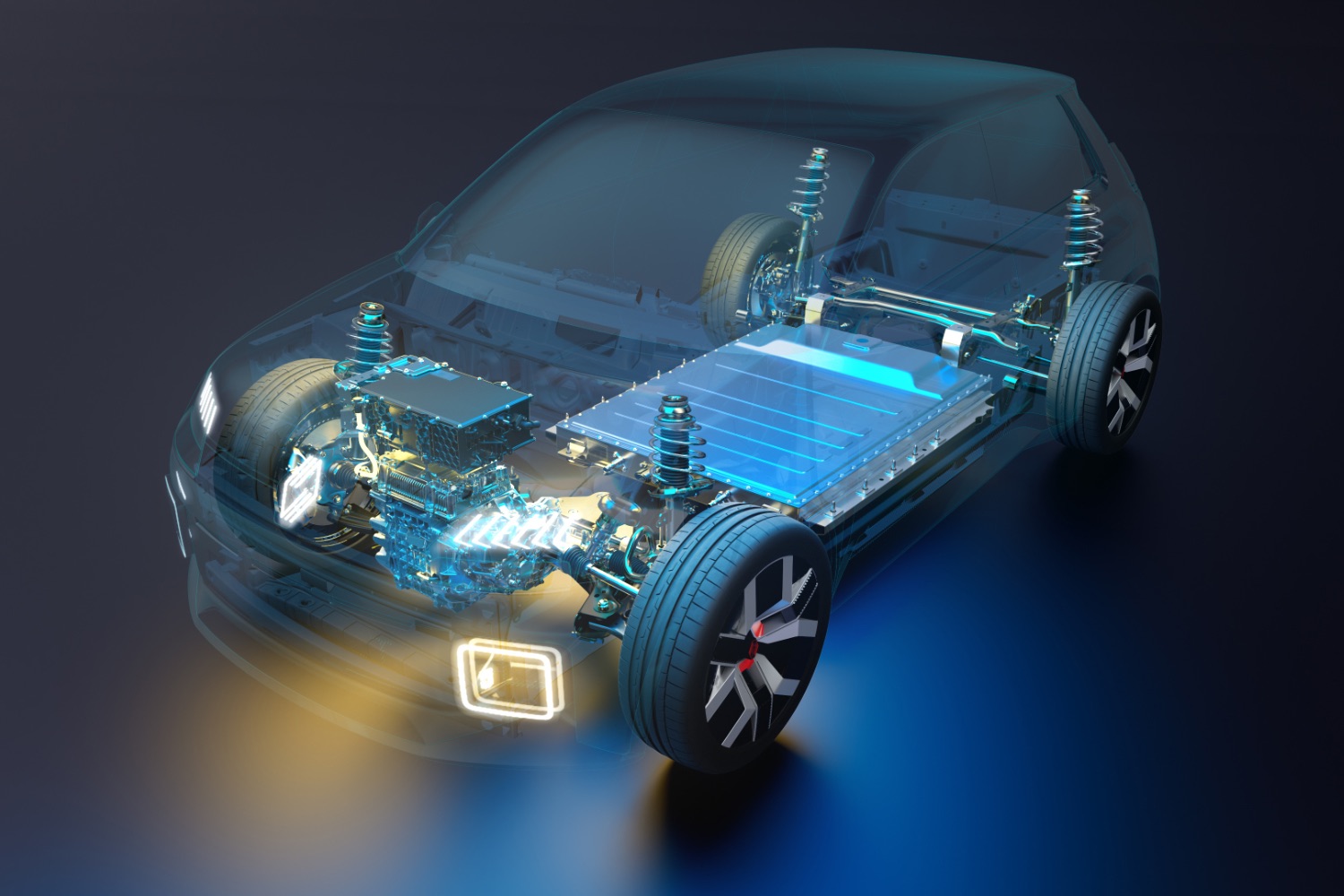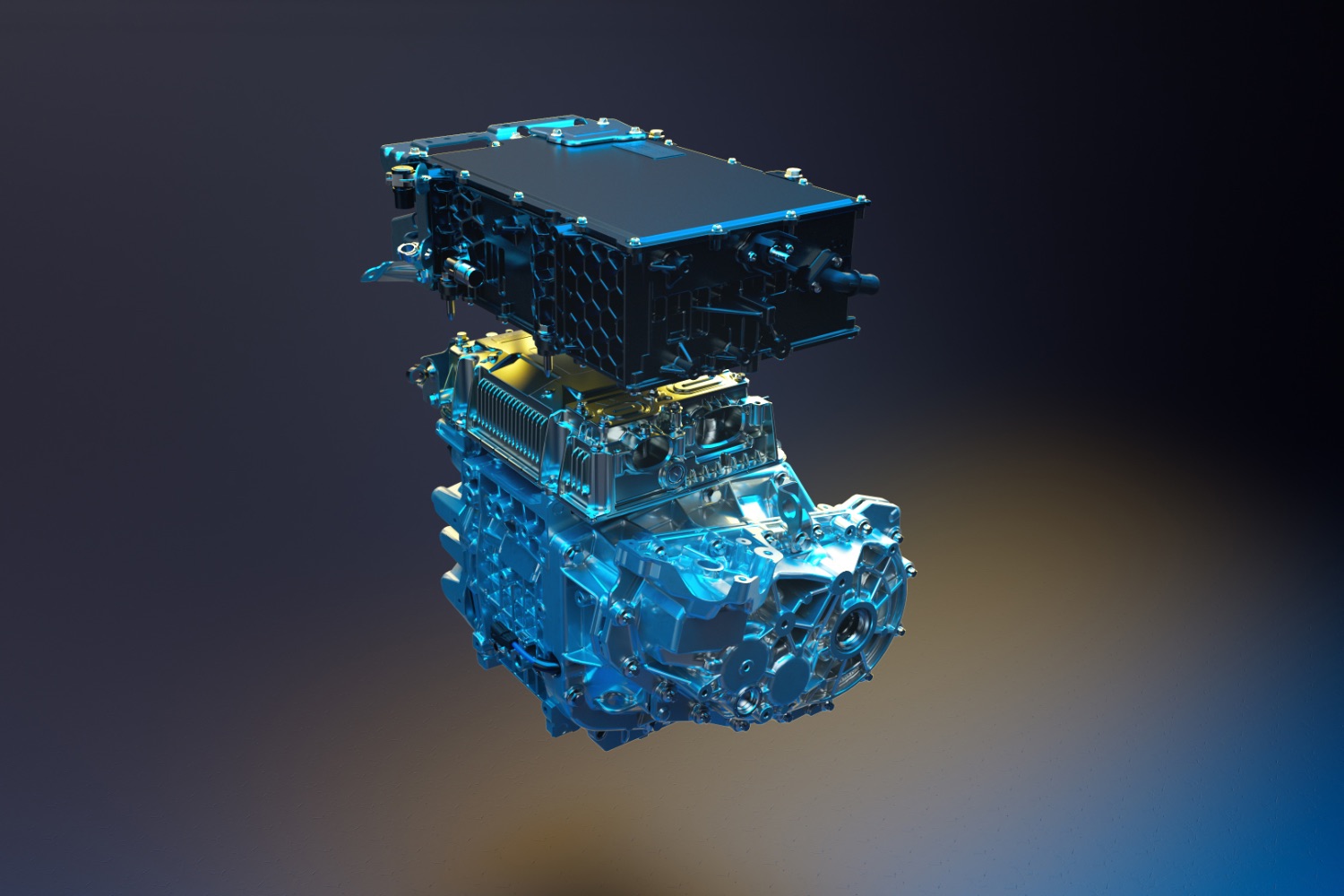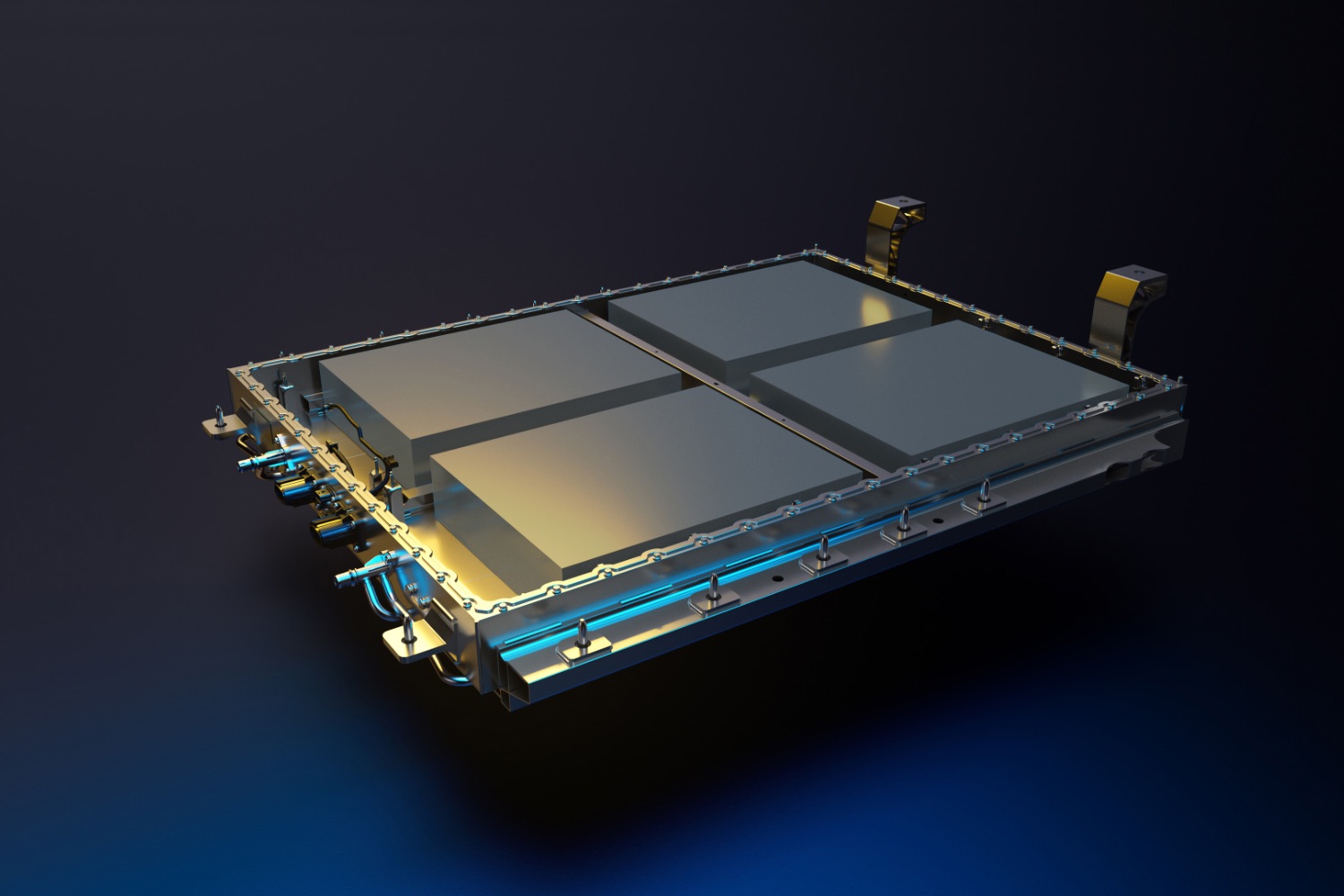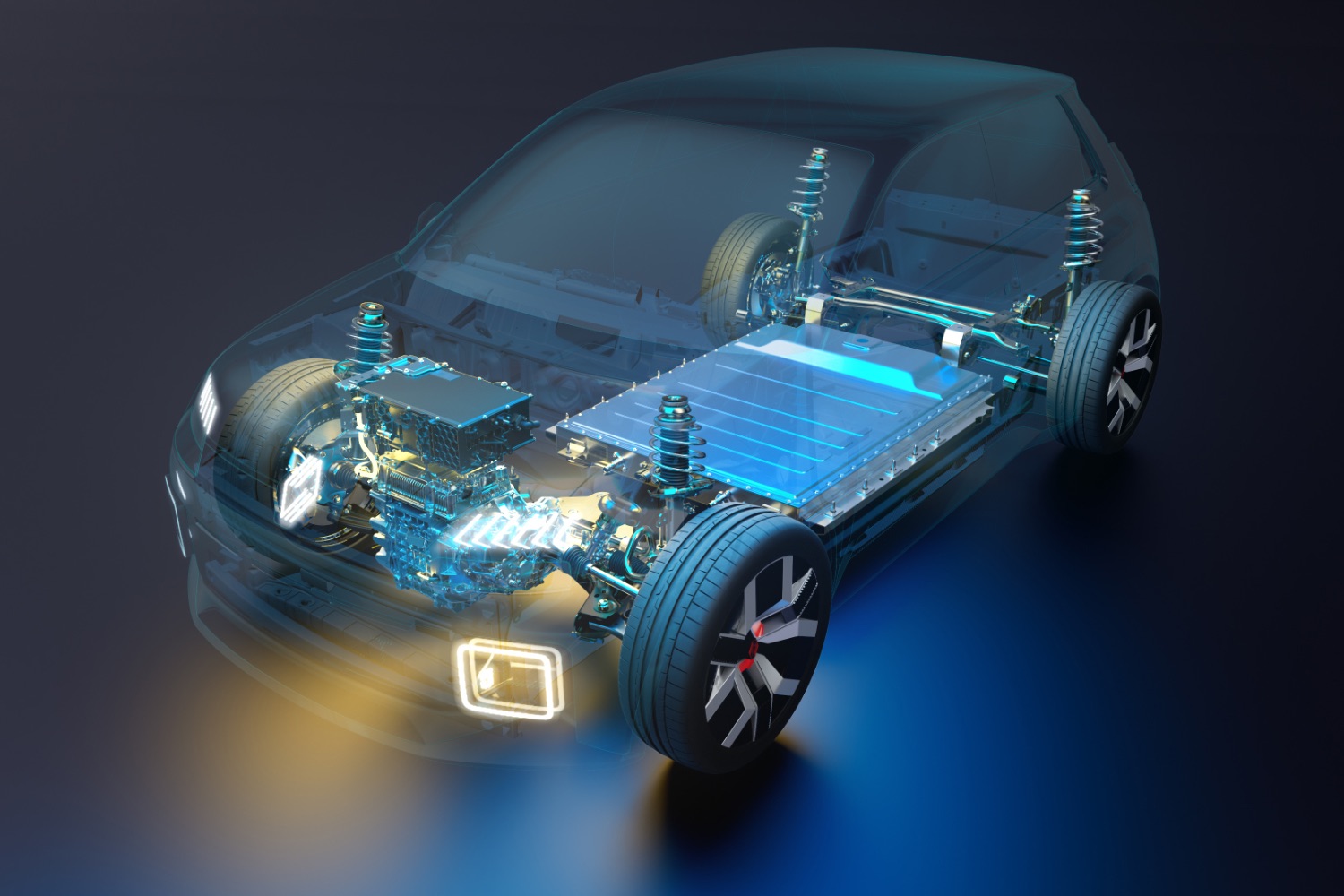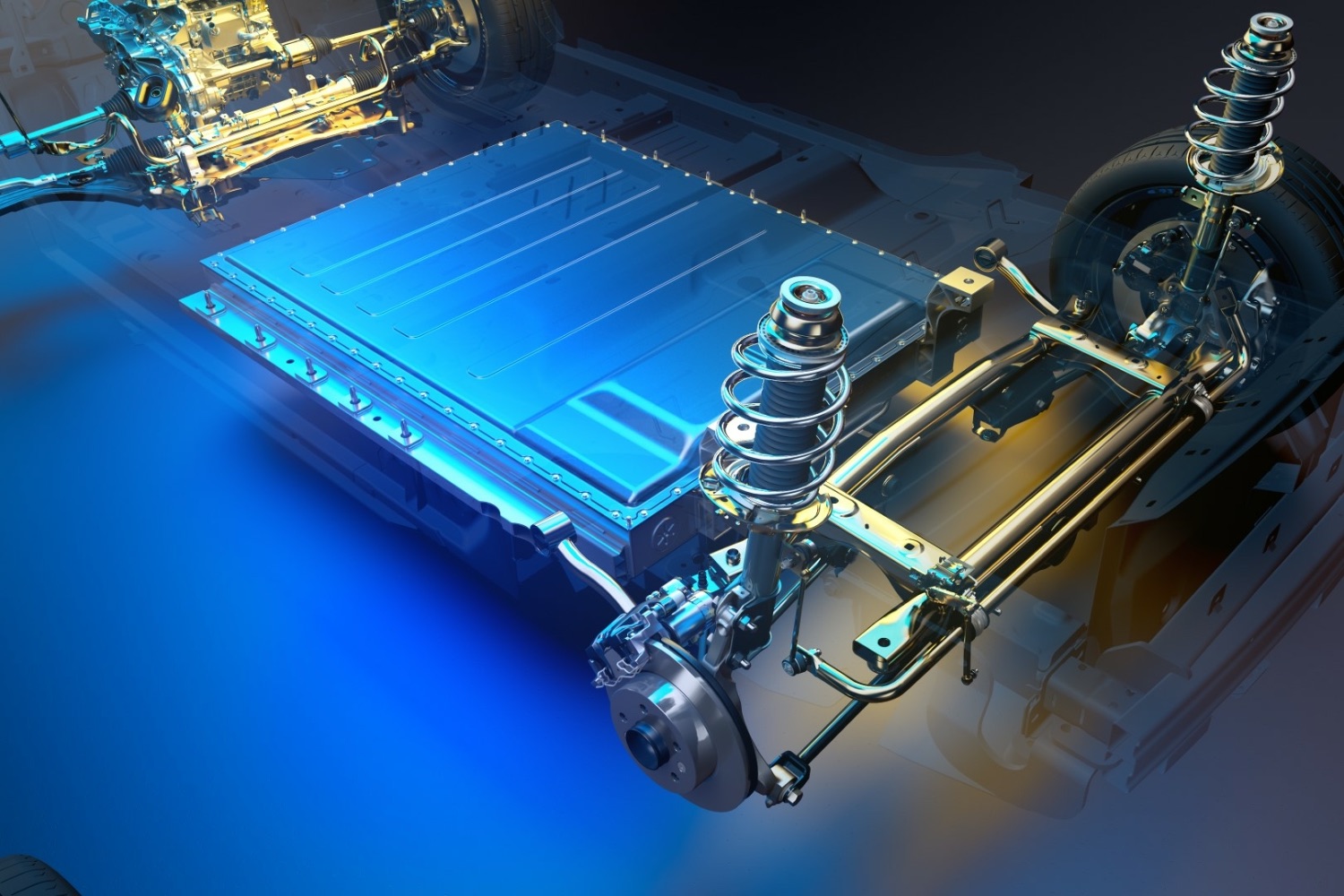I think it's fair to say that we're pretty excited about the upcoming new all-electric Renault 5. Shown two years ago as a hugely well-received concept, the electric 5 is now headed to production with its retro styling intact.
The new 5 EV - which will replace the Zoe in the current Renault line-up - will be shown off in full later this year, with right-hand drive production kicking off in 2024.
Pre-production mules
Renault has just announced that the first five pre-productions 'mules' - prototypes with rough bodywork that actually looks like a current Clio, but with all the correct mechanical bits - are now racking up the testing kilometres.
The cars are putting the new CMF-B-EV platform through its paces. This new compact electric car structure will give us not only the new 5 but a re-born electric Renault 4 (previewed by the 4Ever concept, HERE) as well as compact electric models from Nissan.
The platform is designed to be some 30 per cent cheaper than the Zoe's and should have a comparable 400km-ish range on a full charge. If that 30 per cent cut is carried through to the final price, the new 5 EV could cost as little as €20-25,000.
Part of that boost in affordability comes from the fact that the CMF-B-EV platform shares many of its components and structure with the CMF-B platform under the Clio and Captur. Renault says the structure is hugely adaptable, with adjustable wheelbases and wheel track. The company claims that the new 5 EV will be the benchmark in the segment for driving pleasure (at least until the sporty Alpine version arrives...).
Real driving pleasure
"The new CMF-B EV platform is a great opportunity from a 'product' point of view because it means the future electric Renault 5 will boast real driving pleasure while remaining very competitive for its segment," said Delphine De Andria, B-EV Segment Product Performance Director.
According to Renault, this new platform is now being put through some proper extremes. The cars are currently undergoing cold-weather testing for grip, traction, and battery performance in the chilly reaches of northern Sweden, in Arvidsjaur. At the same time, there's testing in grippier, more tarmac-y conditions at the Renault technical centres in Lardy, in the greater Paris area, and Aubevoye in Normandy.
In Sweden, there's a: "A land of ice and frozen lakes, where some winter days nudge -30-degrees Celsius with almost unbearable howling winds. The vehicle's mechanical performance is put to the test to make sure that the future electric Renault 5 mules can withstand such temperatures and conditions. The engine along with other parts - including the batteries - are placed under close surveillance. Checks are also carried out on the performance of on-board systems such as heating, de-misting, and defrosting, and to make sure that the brakes, shock absorbers, and ESC (Electronic Stability Control) perform as they should on snow. Tests are also carried out to make sure that powder snow does not pile up on the brakes, as it may lead to vehicle malfunctions. A vast array of parameters that cannot be replicated in a testing facility, where only real-world cold-weather testing will suffice," said Jérémie Coiffier, Head of Engineering B EV Family.
Weight savings
"Tests being carried out on rolling chassis prototypes will help us confirm decisions made in terms of comfort and handling on the upcoming Renault 5 electric. Without giving anything away, the early test drives are a clear indication that it is a worthy descendant of the Megane E-Tech electric with best-in-class performance for its category; encouraging results that drive us to push ahead with testing through to its commercial launch set for next year."
Some neat technical tricks are going on in the new platform too. The DC/DC converter, battery charger, and power distribution control box - usually three separate components - have been combined into one unit, which helps to save around 20kg compared with the current Zoe. The car's electric motor - estimated to have around 136hp or 100kW of power - is shared with the Zoe and the Megane E-Tech, and requires no rare-earth metals meaning that large-scale production costs and the environmental impact are both lower.
The battery pack is also lighter than that of the Zoe - by 15kg - thanks to using four big modules rather than 12 small ones. Renault says, "Will need less space to transport more kWh."
It looks as if there will be two batteries for the new 5 EV (although Renault has not yet confirmed this), with a basic version of around 40kWh and a larger, longer-range 52kWh version. We'll bring you more details as we get them.

